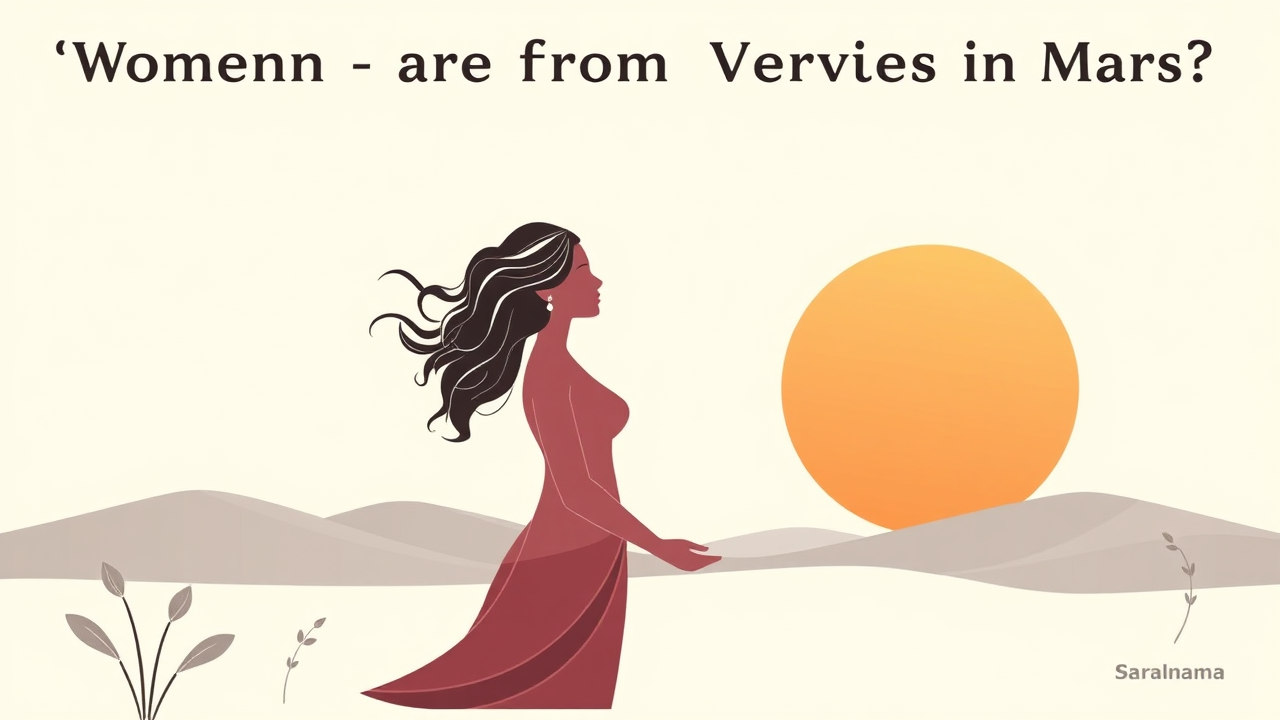Fasting has become widely popular for weight management, better metabolism, and improved focus. However, research shows that men and women respond differently to fasting due to distinct physiological and hormonal differences. In a recent episode of her health podcast Take 20, actress Samantha Ruth Prabhu discussed these differences with Dr Mitrabasu Chhillar, a holistic wellness and chronic disease reversal expert. The expert emphasized that women should avoid fasting during the luteal phase when energy requirements are higher. Clinical dietitians explain that men generally experience favorable metabolic benefits from intermittent fasting, while women face more complex impacts due to hormonal fluctuations. For both genders, personalization, proper hydration, nutrition quality, and listening to body signals are crucial. Extended or extreme fasting without medical guidance can lead to nutrient deficiencies and hormonal imbalances. Experts recommend shorter fasting windows for women and adequate nutrient intake for men engaged in physical training.

Gender Differences in Fasting Impact
Men typically respond more positively to fasting with enhanced insulin sensitivity, fat loss, and muscle retention. However, excessive fasting may cause fatigue, reduced muscle mass, and nutrient deficiencies. It can also impact testosterone levels if combined with under-eating or high stress. Women face more complex effects due to hormonal sensitivity. Extended fasting or severe calorie restriction can trigger irregular menstrual cycles, fertility issues, mood swings, and thyroid imbalances. Increased cortisol levels may counteract fasting benefits. Research suggests women benefit more from shorter fasting windows of 12 to 14 hours and eating earlier in the day, rather than skipping breakfast or fasting for 16 to 18 hours.
Source: Link
